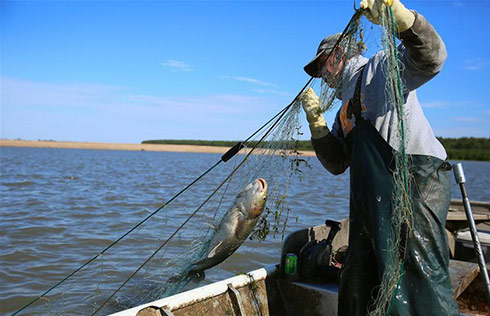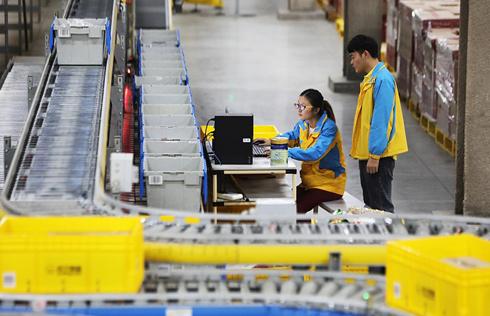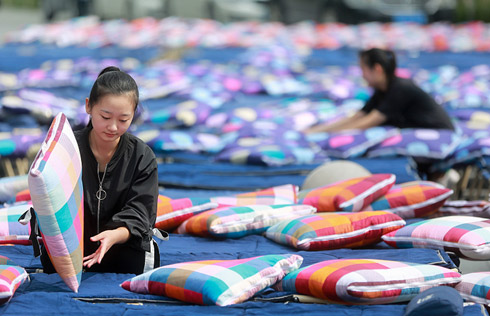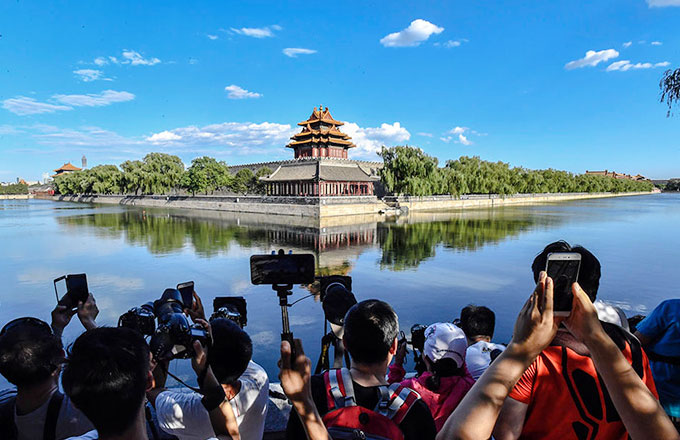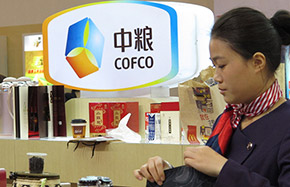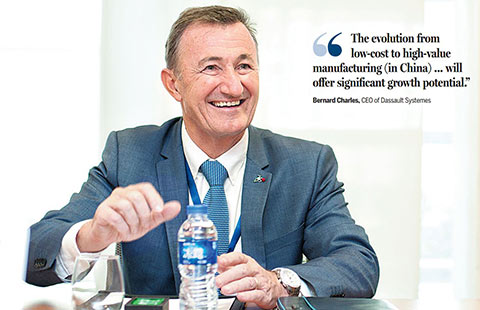Uganda hails project with China for boosting agribusiness production
ENTEBBE, Uganda — The Ugandan government on Friday hailed the China-Uganda South-South Cooperation Phase 2 (SSCP2) project for boosting agribusiness production and productivity among small farmers in the country.
Christopher Kibazanga, the state minister for agriculture, said the two-year SSCP2 project with the backing of the UN Food and Agricultural Organization (FAO) has contributed towards increased agricultural production, productivity and profitability through support to Uganda's agricultural sector strategic plan.
He said the Chinese experts and technicians from Sichuan province through SSCP2 have trained and improved Ugandan farmer's knowledge, skills and capacity in horticulture, cereals, aquaculture, livestock and cross cutting issues using modern technologies.
"We appreciate the support from the People's Republic of China towards the improvement of agriculture in Uganda using Chinese technologies. We look forward to continued cooperation under SSCP3," Kibazanga told participants at the wrap-up workshop for SSCP2 held in Entebbe, about 40 kilometers south of the capital, Kampala.
China, Uganda and FAO in 2015 signed a two-year SSCP2 agreement worth almost $2.5 million to support small-scale farmers in the country in boosting their production, including through sustainable technologies.
The project prioritized developing crop, horticultural, livestock and aquaculture production as well as introducing new technologies, including renewable energy, agro-machinery and improved water harvesting and irrigation methods.
"The SSC project has created confidence of the participating farmers to produce enough for food security and income generation. This is seen through increased demand of the Chinese technologies to enhance their production capacities," said Kibazanga.
Chu Maoming, deputy Chinese ambassador to Uganda, said Chinese President Xi Jinping has written to his Ugandan counterpart Yoweri Museveni for the extension of the project for another two years.
"My president (Xi) has written back to President Museveni indicating that China is positive on the continuation of the third phase of the South-South Cooperation project," said Chu.
"In the conference (19th National Congress of the Communist Party of China) efforts have been placed on agriculture. I think that will provide more opportunities for China-Uganda to have further cooperation on agriculture," he said.
Widely regarded as a partnership success story, SSC between China and Uganda has enabled the effective exchange of expertise while boosting national food security, agricultural intensification and diversification in the East African country.
Wu Zhiping, the Chinese SSC team leader, said a total of about 3,000 farmers were trained in cereals, horticulture, aquaculture and livestock in Uganda's five hubs of Kabale, Budaka, Mbarara, Amuria and Wakiso.
"Within the two years of the project has been active we have carried out 40 demonstrations, 56 seminars and about 3,000 participants participated in these trainings," said Wu.
Since 2012, some 47 Chinese experts and technicians have been sent to Uganda to provide technical assistance in crop production, aquaculture, horticulture, livestock and agribusiness.
The team has successfully transferred new technologies, introduced new varieties such as hybrid rice, foxtail millet, maize, agricultural equipment and tools.
The new technologies and varieties introduced show quick results with improved food crops and have increased the income of farmers.







